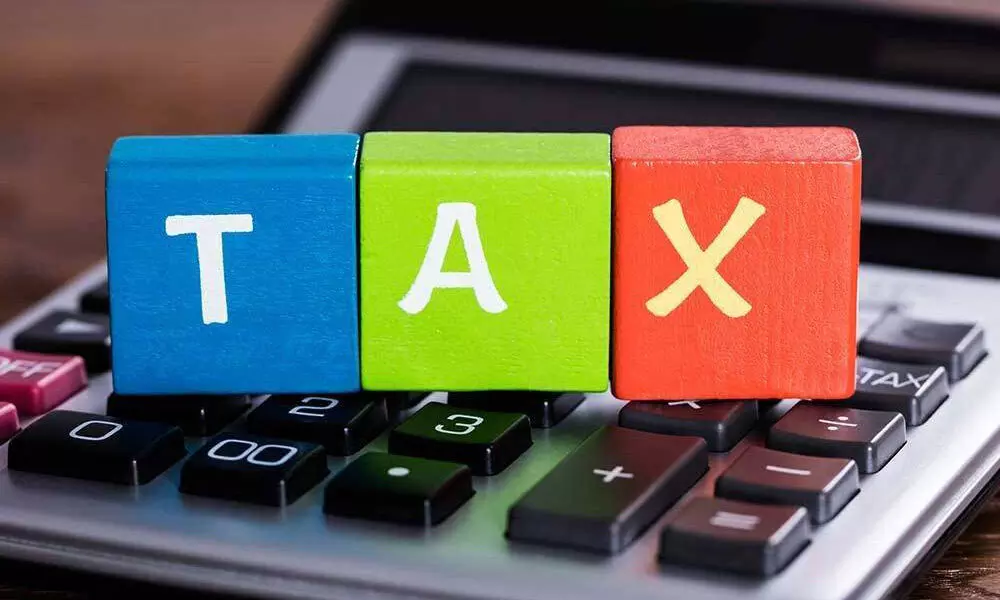Ohio Tax Rules – A Guide for Businesses and Individuals

In Ohio, as in many other states, the tax system has its own rules and laws that can be hard to understand for both people and businesses. From sales taxes to income taxes, each state has its own rules that can affect your bottom line.
If you need help understanding Ohio’s tax rules, you might want to get help from a trained tax professional. There are tax services in Columbus that can help you make sure you are following all the rules when it comes to taxes.
Let us look at some of the most important parts of Ohio’s tax rules and what they mean for you.
Income tax
Ohio charges a personal income tax depending on how much money you make. There are different tax rates, which means that as you make more money, more of it is taken out as taxes.
According to AARP, Ohio just started using a new online method called OH|Tax eServices in September 2023. People and tax preparers can use this method to handle their income tax accounts on the Internet.
Sales tax
Ohio charges sales tax based on where the goods are bought. In other words, the sales tax rate is based on where the item is given, not where it was shipped from. Ohio’s base sales tax rate is 5.75 percent, but some cities and towns charge extra on top of that.
To avoid overpaying, it can be very important to know these area rates. The webpage for the Ohio Department of Taxation and other sites can help you find the exact rate for your area.

Remote workers and payroll taxes
Businesses with workers in different places are finding it harder to run their operations now that more people are working from home. It is important for Ohio businesses to know how to handle payroll taxes for workers who do their jobs from home.
Most of the time, companies have to take out income taxes for the state where the worker does their job. Depending on how many remote workers you have, this could mean signing up for payroll taxes in more than one state.
Tips for filing taxes in Ohio
It might seem hard to file your Ohio taxes, but there are things you can do that will make it easier. Get all of your tax paperwork together a long time before the due date.
This includes 1099s, W-2s, and any papers you want to use for tax breaks. Many people will find it easier to file their taxes if they use the new OH|Tax eServices system.
Tax audits
Like every other state, Ohio does tax audits to make sure people are correctly reporting their income. It is important to work with the Ohio Department of Taxation fully if they choose to audit you. A tax expert can help you get through the audit process and make sure you are doing a good job of defending yourself.
Plan for your taxes
Tax planning is an ongoing process that can help you pay the least amount of tax possible. You can pay less in taxes in total if you know Ohio’s tax rules and use the benefits and credits that are available to you. You might want to talk to a tax professional to come up with a personalized tax plan.
Unique considerations for tax filers in Ohio
Besides these basic things, Ohio has some special tax rules that you should know about. For example, the state gives different tax breaks and credits for different cases.
Some examples are tax credits for paying for school, child care, and even making home changes that use less energy. Getting to know these tax credits can help you pay less in taxes.
Get professional help today!
Sometimes, Ohio’s tax system is hard to understand, but if you know the rules and take action, you can get through it more easily. Getting help from a tax professional and learning about things like income taxes, sales taxes, working from home, and tax audits can help you pay less in taxes and avoid penalties.






